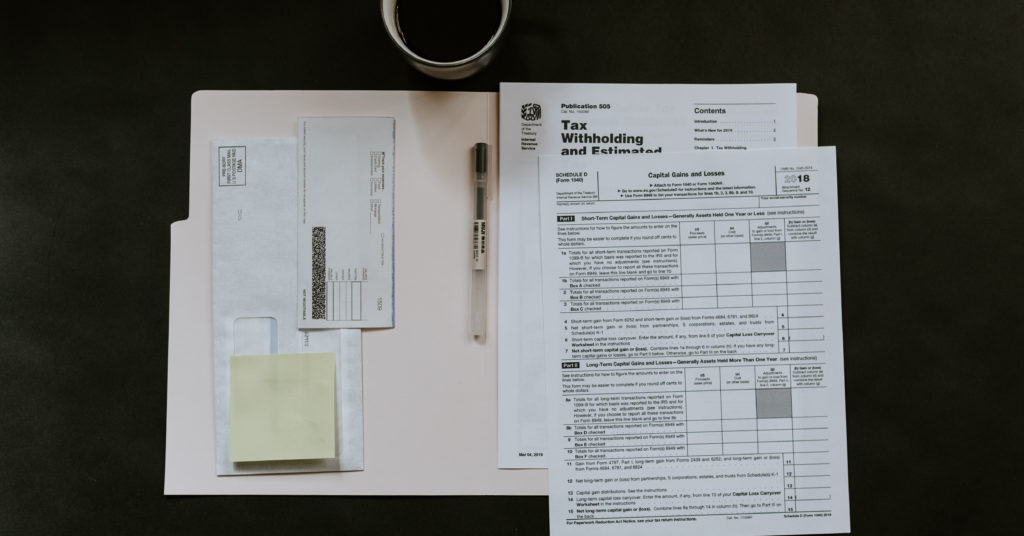
By STEVEN LONG
With the tax deadline behind us, there’s a wave of people with new tax debt and there are folks receiving large tax refunds. Unsurprisingly, bankruptcy law cares a fair deal about taxes in either direction.
The interaction between bankruptcy and taxes is complicated enough that not all bankruptcy lawyers will know all eight of these tidbits:
- Bankruptcy CAN eliminate tax debt. If the tax debt is old enough and the tax returns were filed long enough ago – a Chapter 7 or Chapter 13 bankruptcy can help erase tax debt.
- Bankruptcy CAN help resolve tax debt. If the tax debt is too new, the bankruptcy will not be able to delete the debt, but a Chapter 13 bankruptcy can help create a forced payment plan to resolve the tax debt.
- Bankruptcy CAN help resolve tax liens. If the taxing entity has filed for a lien, the tax debt gains a variety of protections so that even if it’s older, it can likely survive a Chapter 7 bankruptcy. That debt can still be resolved by a Chapter 13 bankruptcy.
- Bankruptcy CAN protect tax refunds. This consistently surprises my clients in Chapter 13 bankruptcies, but those who are in an active Chapter 13 bankruptcy can receive the tax refunds even if they owe the IRS money.
- Bankruptcy CAN take tax refunds. In a poorly timed Chapter 7 filing, a bankruptcy trustee can take some or all of tax refunds. In an open and active Chapter 13 bankruptcy, a trustee might request the refund, and steps need to be taken if some or all of the refunds are needed.
- Bankruptcy CAN give you room to breathe. A lot of people I speak to are profoundly anxious due to collection attempts by the IRS, but once the case is filed the collection attempts must stop.
- Bankruptcy CAN stop a garnishment from tax debts and unfreeze levied accounts. Even though the IRS and state taxing agencies are very strong, bankruptcy can stop them. Whether they are actively taking money from your paycheck or in the process of emptying your bank account, the filing of a bankruptcy can stop them.
- Bankruptcy CAN be paid for with tax refunds. There is often scrutiny as to how tax refunds are spent prior to the filing of a bankruptcy, but there is no issue in using tax refunds to pay for the bankruptcy. Repaying friends or family, buying luxury goods, and more can create issues if they happen before a bankruptcy.
There are so many considerations to keep in mind – whether you have a tax refund on the way, owe taxes, or both. If you are considering filing a bankruptcy, it’s important to fully understand your tax situations to make sure you’re making the most of a bankruptcy. If you’re a Sader Law Firm client or you’re interested in getting information on your financial situation, call us at (816) 561-1818.
 Book an
Book an Email
Email Directions
Directions







